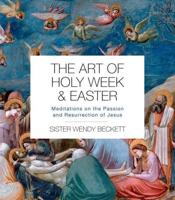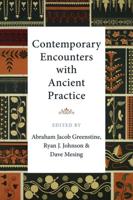Publisher's Synopsis
The field of theopoetics explores the ways in which we "make God" (present)--particularly through language. This book explores questions of theopoetics as they relate to the central poetry of the American Sublime. It offers a fresh, theological engagement with what literary critic Harold Bloom terms the American religion (transcendentalism: Emerson's homespun mysticism). Specifically, it seeks to rehabilitate Emerson's concept of self-reliance from the charge of gross egoism, by situating it in the context of normative mysticisms Eastern and Western. It undertakes a more poetic approach to reading theologically-inflected poetry, by exegeting four poets collectively constituting Bloom's American religious "canon": Ralph Waldo Emerson, Walt Whitman, Wallace Stevens, and Hart Crane. It utilizes a modified version of the ancient fourfold allegorical mode of reading Scripture, to draw out theological dimensions of four quintessential texts (





